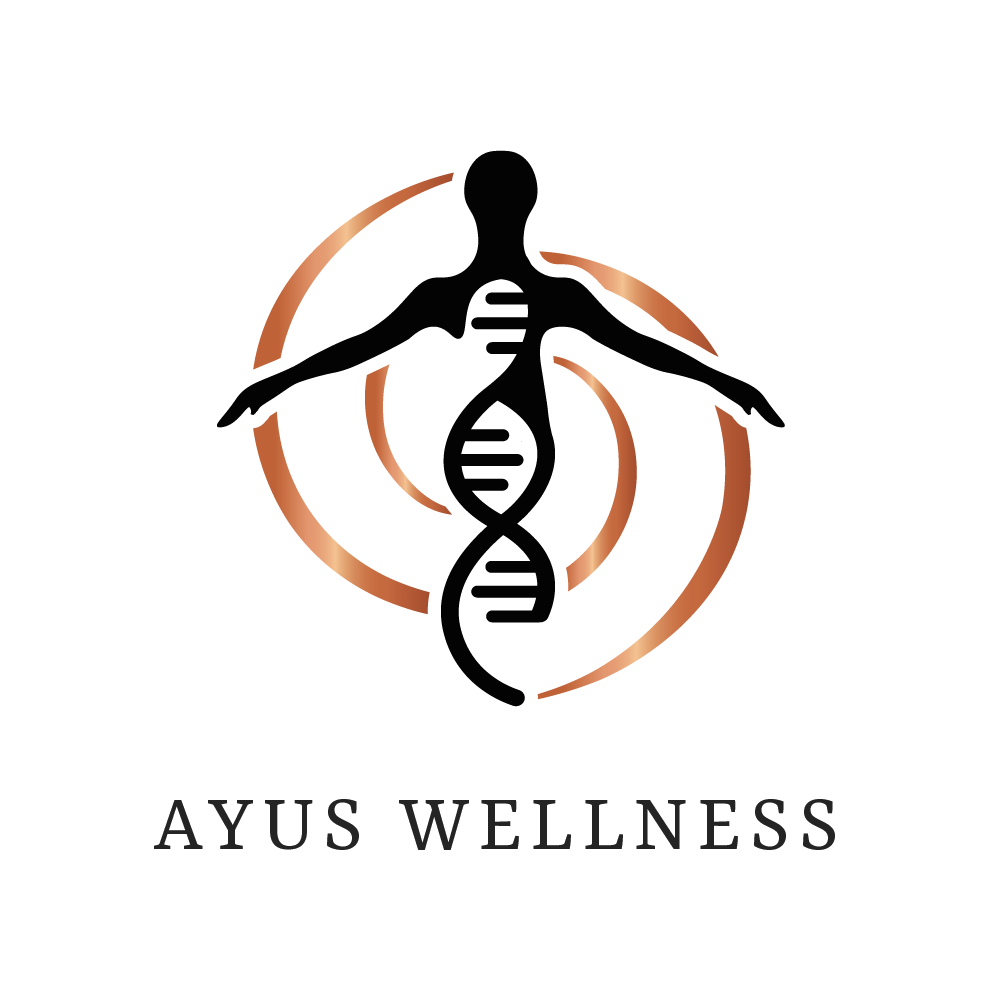
Ever wondered how much coffee is too much? Unravel the mysteries of caffeine consumption with our comprehensive guide. From the health benefits to the potential risks, we break down how much coffee you should drink to stay healthy and energized.
Introduction
Coffee is more than just a morning ritual; it's a beloved beverage that many rely on to kick-start their day. But how much is too much when it comes to caffeine? While some of us can't function without our daily dose, others worry about the health implications. This blog aims to clarify the optimal amount of coffee and caffeine you should consume to enjoy the benefits while minimizing the risks.
The Benefits of Coffee
Coffee isn’t just about caffeine; it’s packed with antioxidants and essential nutrients that can boost your health. Here are some key benefits:
- Enhanced Alertness: Caffeine stimulates the central nervous system, helping you stay awake and alert.
- Improved Physical Performance: It can increase adrenaline levels, preparing your body for physical exertion.
- Lower Risk of Certain Diseases: Studies suggest regular coffee consumption can reduce the risk of Parkinson's disease, Alzheimer's, and Type 2 diabetes.
- Rich in Antioxidants: Coffee is a significant source of antioxidants, which combat free radicals and reduce inflammation.
How Much Coffee is Safe?
According to the Dietary Guidelines for Americans, a moderate coffee intake—about 3 to 5 cups a day (up to 400 milligrams of caffeine)—is considered safe for most adults. However, individual tolerance can vary widely.
Factors Influencing Caffeine Tolerance
- Genetics: Some people metabolize caffeine faster than others due to genetic differences.
- Age and Weight: Younger individuals and those with higher body weight may tolerate more caffeine.
- Pregnancy: Pregnant women should limit their caffeine intake to 200 milligrams per day.
- Health Conditions: People with heart conditions, anxiety, or certain digestive issues may need to reduce their caffeine intake.
Potential Risks of Excessive Caffeine Consumption
While moderate coffee consumption is generally safe, excessive intake can lead to:
- Insomnia: Too much caffeine can interfere with your sleep patterns.
- Increased Heart Rate: High doses can cause palpitations and elevated blood pressure.
- Digestive Issues: Overconsumption can lead to stomach upset and acid reflux.
- Dependence: Regular high intake can lead to caffeine dependence, causing withdrawal symptoms like headaches and irritability when you cut back.
Managing Your Coffee Intake
Here are some practical tips to help you enjoy coffee without overdoing it:
- Know Your Limits: Stick to the recommended 3-5 cups per day.
- Monitor Your Response: Pay attention to how your body reacts to caffeine and adjust your intake accordingly.
- Time It Right: Avoid coffee late in the day to prevent sleep disturbances.
- Choose Wisely: Opt for healthier coffee options—avoid too much sugar and high-fat creamers.
FAQs About Coffee and Caffeine
How does caffeine affect the body?
Caffeine works by blocking adenosine, a neurotransmitter that promotes sleep, thus keeping you awake and alert. It also increases the release of other neurotransmitters like dopamine and norepinephrine, enhancing brain function and mood.
Can you build a tolerance to caffeine?
Yes, regular consumption can lead to tolerance, meaning you may need to consume more to achieve the same effects. Taking periodic breaks from caffeine can help reset your sensitivity.
Is decaf coffee a good alternative?
Decaf coffee can be a good alternative if you want to reduce your caffeine intake but still enjoy the flavor and some of the health benefits of regular coffee.
Conclusion
Coffee can be a delightful and beneficial part of your daily routine when consumed in moderation. By understanding your personal tolerance and adhering to expert guidelines, you can enjoy your coffee without compromising your health. So, savor that cup, stay alert, and reap the benefits of this beloved beverage.



